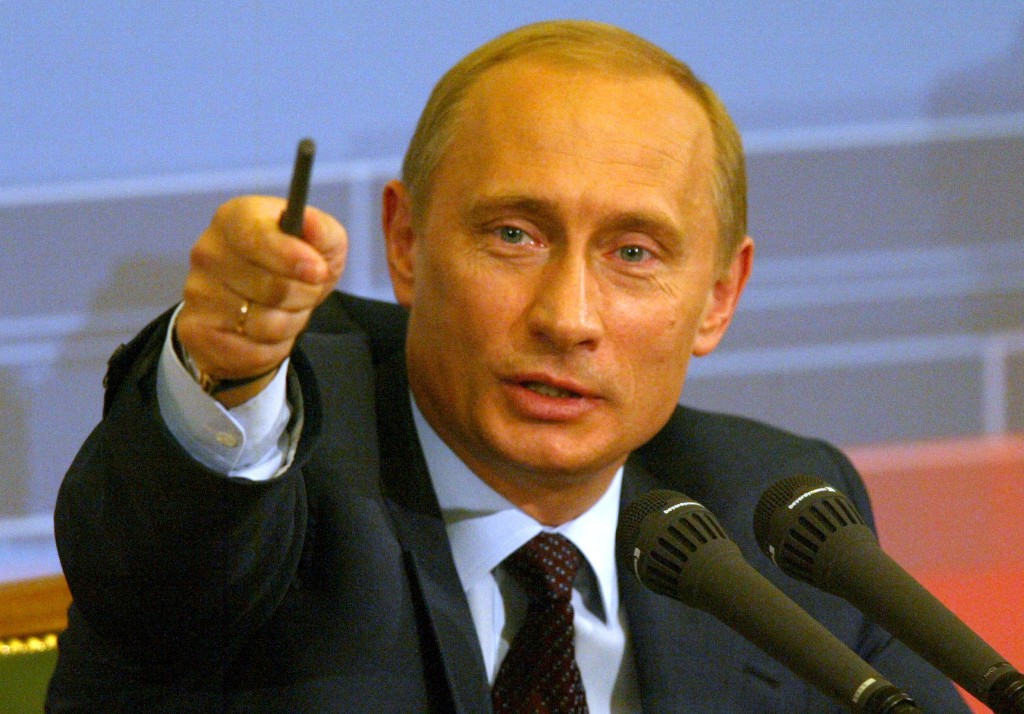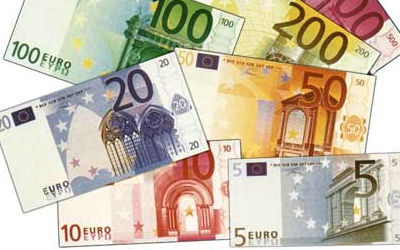
To celebrate the official launch of Saxo Bank’s new social trading platform, TradingFloor.com, Saxo Capital Markets is set to host a second #TradingDebates event at the British Museum on 30th April, 2014.
The theme of this event will be ‘The Future of Trading’, with debates and keynote addresses from top speakers and influencers from the worlds of finance and technology. These will centre around the trends and factors that are set to impact the financial markets, and the world of online trading, in the foreseeable future
These debates chime with Saxo’s aim of democratising trading via open, transparent access to “information and trading opportunities, values and attributes”, which they see the new TradingFloor.com platform as embodying. The new platform launched in beta in January, and can now boast over 22,000 members from the fields of private and institutional investing ahead of the full launch on 29th April, the day before the #TradingDebates event.
Speaking about the event, Saxo Capital Markets UK CEO Torben Kaaber said: “Technology is empowering a new generation of traders and in doing so it is evolving trading behaviours. This new trading environment is being driven as much by financial market dynamics as it is by the way we consume news, make trading decisions and interact with the markets. This event aims to provide a platform for debate on these important issues that are driving liquidity and decision-making.”
The first debate: Democratising trading and Geopolitical Risk
In keeping with Saxo’s stated aim of democratising trading, the first debate will centre around the issue of how access to information is changing the way in which we interact with the markets.
In recent years, changes to the way in which we consume news, make trading decisions, and interact with the markets has changed the whole dynamic of the financial markets. Trading innovations, such as social media and social/copy trading platforms, have levelled the playing field to an extent whereby a much wider spectrum of people can get involved in trading, and independent traders now have much greater access to the kind of information and insight that was once the exclusive preserve of top day traders working at investment banks and hedge funds.
In a broader sense, technology has empowered a new generation of traders, and led to a rapid evolution in terms of how traders go about their business. For example, traders can now make trades across a wide variety of asset classes wherever they are, using apps on mobile devices such as smartphones. Also, the range – and timeliness – of information available to online traders is now far greater, and this has profoundly changed the decision-making process that informs the trades that are made across an ever-wider range of platforms and devices.
Until relatively recently, independent traders had very little to go on in terms of tradable information, relying on the likes of corporate announcements, print news articles or delayed data emanating from exchanges which had the monopoly on information.
Now, traders are as likely to look to Twitter for clues as to the future direction of the markets as they are to mainstream financial news outlets, and are just as likely to look to independent market watchers or fellow traders for trading ideas as they are to commoditised research. As has been proven by recent academic studies, the wisdom of crowds can often be just as accurate, and sometimes much more so, than the opinions of top market analysts, and this is what recent social innovations in trading have enabled traders to leverage.
What social trading platforms have brought about is a new democratisation of trading and information, creating a situation where traders the world over are better informed and more engaged with the issues that influence the market. Rather than merely focusing on the news releases that seem most relevant to the asset classes and financial instruments they like to trade, they now have a much wider and more holistic view of the markets and the global geopolitical situation – and this is a change that has been largely technology-driven.
Traditionally, the markets have been relatively complacent about geopolitical risk and the impact that this can have upon the markets – with the recent tensions surrounding Russia’s invasion of the Crimea being illustrative of this. There does, however, seem to be a growing sense that geopolitical risk could be highly destabilising to the post-Cold War world order, particularly with regards to the future of that most profound of economic drivers, energy supply.

Image: Wikimedia Commons
Under President Obama, the US is redefining how it sees its role in the world, and this is in no small part down to its newfound energy independence (due to the massive growth in shale oil extraction and fracking) and fatigue over the prolonged military interventions in Iraq and Afghanistan. The pragmatic, light-touch stance taken by the US on the recent turmoil in the Middle East, coupled with the willingness to negotiate with Iran over its nuclear programme, is a clear demonstration that, stripped of the economic necessity to intervene abroad, the administration has lost its appetite for foreign wars.
At the same time, Europe appears to be in a state of political and economic flux, and its inability to respond in a decisive fashion to the recent Crimea crisis is a sign that divisions between the various sovereign states have left it toothless in terms of foreign policy. The brazen nature of Putin’s invasion of the Crimea has been widely interpreted as an acknowledgement that he had little to fear from Ukraine’s supposed allies in the West, and in the end this is what transpired.
Aside from the escalation in tensions between Russia and the West over Ukraine, the biggest geopolitical risk facing the energy markets in 2014 is that five emerging market nations – namely Turkey, India, Brazil, Indonesia, and South Africa – are holding elections this year. The economies of these nations have been badly hurt by the winding down of the US Federal Reserve’s quantitative easing programme, and a change in policy direction in any of these countries could have a major impact on the energy markets. Also, the ongoing civil war in Syria has already caused a huge amount of volatility in the energy markets, and we can expect this to continue for as long as there is violent turmoil in the Middle East.
Another big tail risk for the energy markets is that the Chinese economy appears to be slowing down, with China currently being the biggest consumer of energy of any nation in the world. A recent survey of fund managers, undertaken by Bank of America Merrill Lynch, revealed that nearly half of those surveyed felt that the slowdown in China and the effect that this could have on the commodities markets were the biggest tail risks to the global economic recovery.
Allianz SE’s chief economic adviser Mohamed El-Erian summarizes the situation as follows: “Taken individually, the geopolitical shocks buffeting financial markets have been small but in aggregate they are encompassing a more substantial part of the global economy and may be building toward a tipping point.”
The second debate: The future of Europe, the global economy, and cryptocurrencies

After a break for coffee, attention will turn to the somewhat thorny issue of the future of Europe. While the sovereign debt crisis has been out of the news recently, it hasn’t gone away, and the tensions that it has caused have led many to question the future viability of the European project. This has led to the creation of several movements within the member states with aims ranging between redefining the relationship between sovereign states and the EU project, and tearing down the whole organisation.
This has created the potential for huge political and economic disruption, as well as social unrest. Yet, while many were predicting a massive fragmentation of the Eurozone a few years ago, both the EU and the single currency have remained intact, and with most European economies slowly returning to growth, speculation about a Euro break-up seems to be subsiding. However, with the European Parliament elections coming next month, this could all change, as the low turnout for these elections could magnify the power of the anti-euro protest vote.
The debate over the future of Europe dovetails neatly into a discussion of the global economy as a whole, which appears to be reaching something of a turning point. With the notable exceptions of the Bank of Japan and the ECB, central banks are looking to tighten their fiscal policies. However, with growth returning in many major markets, there remains the question of whether the global economy has reached ‘escape velocity’ or whether it will be dragged down by China’s slowing growth, accumulating debt, and the threat from its shadow banking system.
This discussion of the future of the global economy leads naturally into a debate on one of the most controversial issues surrounding the future of money, namely crypto-currencies. These relatively new ‘currencies’ entered the mainstream last year with the rapid inflation (and subsequent bursting) of the Bitcoin bubble.
Yet, while there are undoubtedly major issues with the current crop of digital currencies, with security being very much at the top of the list after the cyber-attacks on (and subsequent closure of) the biggest Bitcoin exchange Mt. Gox, their rise has at least sparked a debate about the nature of money. While digital currencies have more than their fair share of advocates, they also have many high-profile – and highly credible – detractors, who feel that they are at best a long way off posing a serious threat to a monetary system based on fiat currencies, and at worst an intrinsically flawed concept that is doomed to fail.
Speaking about the topic of cryptocurrencies, Saxo Capital Markets UK CEO says: “It is the topic which embodies this new convergence of worlds – traditional financial markets with innovations in trading and technology”
Event details
The event kicks off at 2pm, with opening remarks from Saxo Bank co-CEO Lars Seier Christensen at 2.30pm. After the debates end at 6pm, attendees will be invited to stay for drinks and snacks in the glorious environs of the British Museum. Registration for the event is free – simply visit Saxo’s #TradingDebates website and fill in your details. Saxo are also offering the chance to win an iPad mini by tweeting #tradingdebates before April 30th.
Read More:
interactive brokers vs ninjatrader
Tradersdna is a leading digital and social media platform for traders and investors. Tradersdna offers premiere resources for trading and investing education, digital resources for personal finance, market analysis and free trading guides. More about TradersDNA Features: What Does It Take to Become an Aggressive Trader? | Everything You Need to Know About White Label Trading Software | Advantages of Automated Forex Trading








